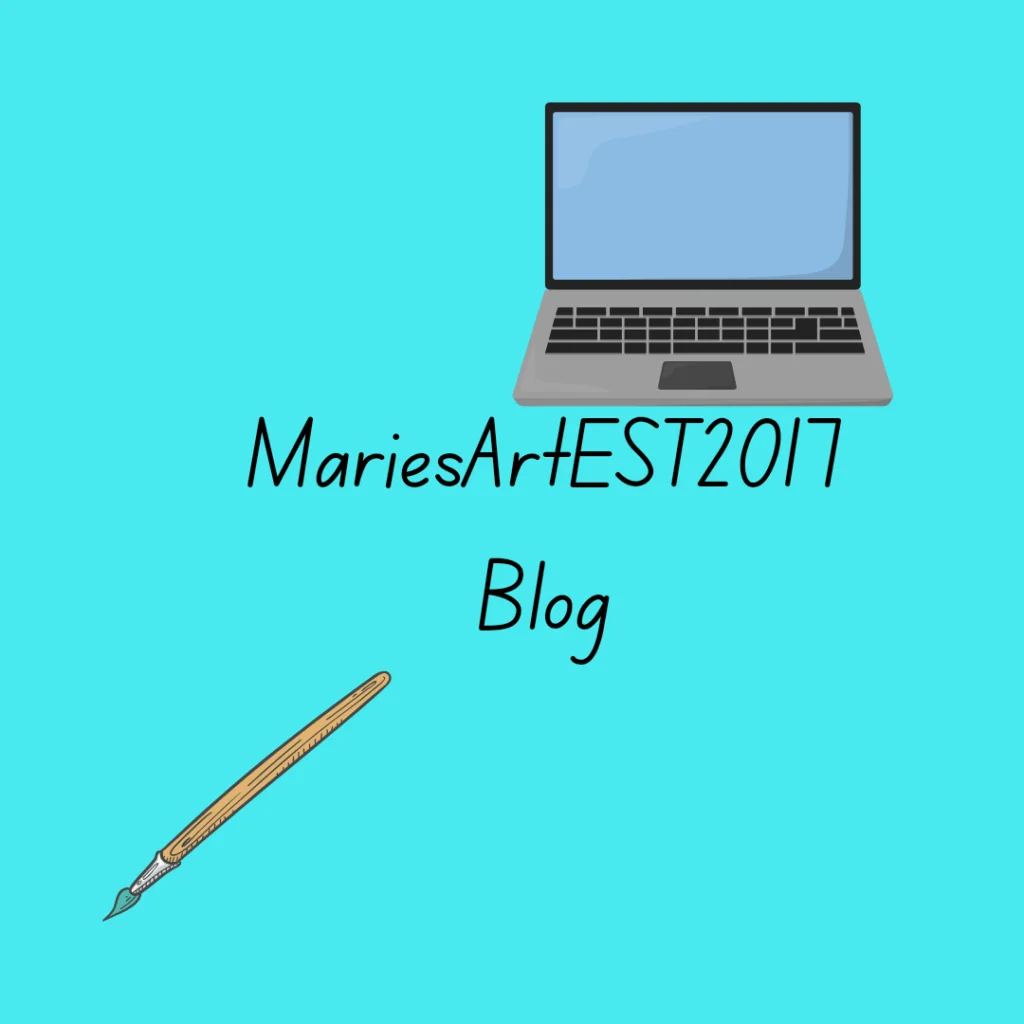
Visual Journaling: Use your sketchbook as a visual diary, combining sketches with written entries to document your thoughts, feelings, and experiences.
Theme Exploration: Choose a theme (e.g., nature, emotions, dreams) and create a series of sketches exploring different aspects of that theme.
Collage Art: Cut out images from magazines, newspapers, or old books and use them to create collages in your sketchbook. Combine them with your drawings or paintings for a mixed-media effect.
Experimental Techniques: Try out new art techniques or materials in your sketchbook, such as watercolor washes, ink splatters, or using unconventional tools for mark-making.
Story-boarding: Create storyboards for a project you’re working on, whether it’s a comic, animation, or film. Use your sketches to plan out the sequence of events and compositions.
Artistic Studies: Use your sketchbook to study the work of master artists. Try to replicate their techniques or reinterpret their works in your own style.
Travel Sketches: If you’re traveling, use your sketchbook to capture scenes from your journey. Sketch landscapes, architecture, people, and anything else that inspires you.
Character Development: If you’re interested in character design, use your sketchbook to develop new characters. Experiment with different features, expressions, and poses.
Pattern Design: Create patterns and textures in your sketchbook. Use them as backgrounds for your other sketches or as standalone pieces of art.
Mind Maps and Concept Mapping: Use your sketchbook to visually map out ideas, concepts, or projects. This can help you brainstorm and organize your thoughts.
Daily Drawing Challenges: Participate in daily drawing challenges (e.g., Inktober) and use your sketchbook to complete the prompts. This can help you stay motivated and improve your skills.
Art Prompts: Use art prompt generators or books to come up with random ideas for sketches. This can help you break out of creative ruts and explore new subjects.
Interactive Art: Create interactive elements in your sketchbook, such as flip animations, pop-ups, or hidden messages revealed by folding pages.
Experimental Formats: Explore different formats for your sketchbook, such as accordion-style pages, fold-out sections, or a sketchbook that unfolds into a 3D structure.
Art Challenges: Set personal challenges for yourself, such as filling a page with doodles, creating a series of sketches based on a single object, or sketching with your non-dominant hand.
Artistic Responses: Use your sketchbook to respond to works of art, literature, music, or current events. Create sketches that reflect your thoughts and emotions on these subjects.
Remember, your sketchbook is a space for creative exploration and experimentation. Don’t be afraid to try new things and push the boundaries of your artistic practice.
Find me on these social medias:
Website:
https://mariesartest2017.wordpress.com
Instagram:
https://www.instagram.com/maries_artest2017
Twitter: https://twitter.com/MarieArtEST2017
YouTube:
https://www.youtube.com/@MariesArtEST
Facebook group:
https://www.facebook.com/groups/561242115082060
My memoir: https://a.co/d/0BrIPnsrc

Leave a Reply